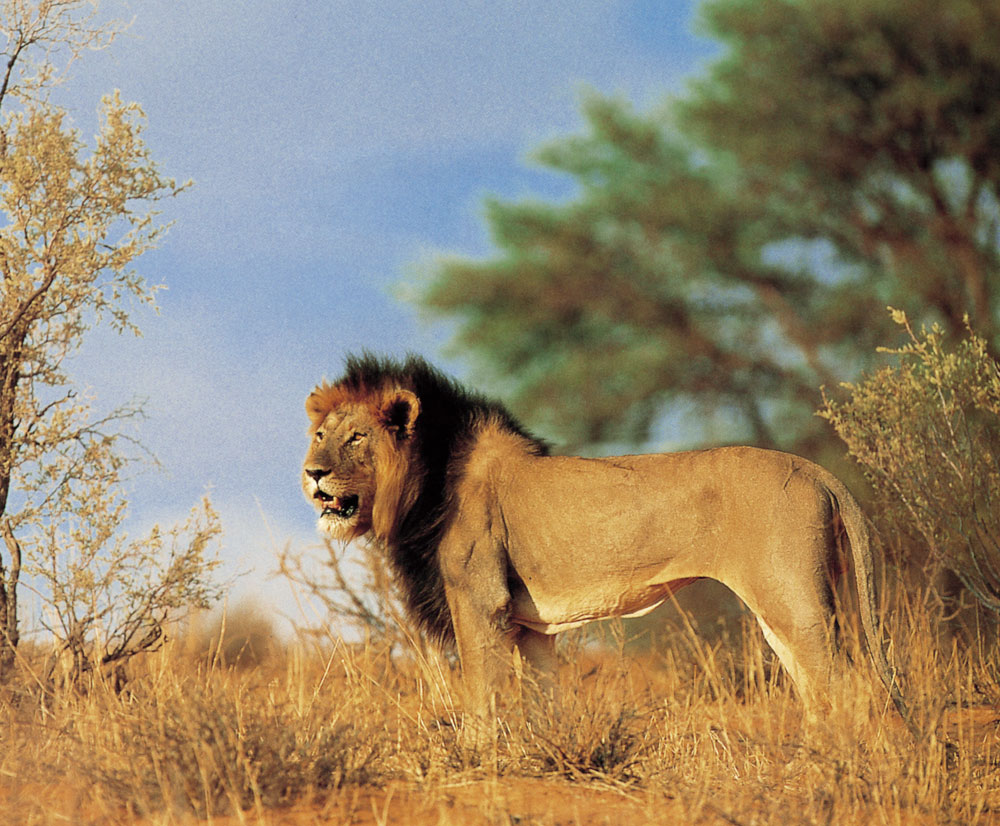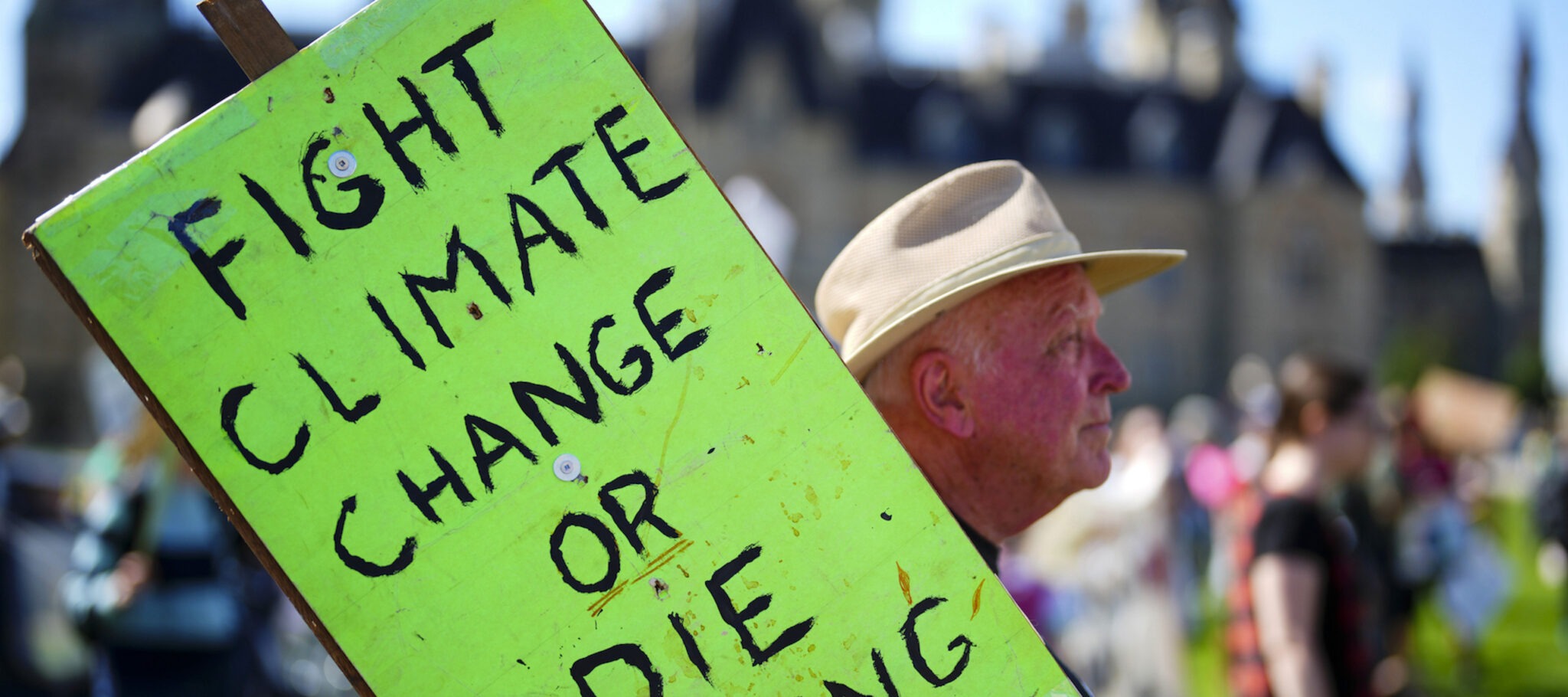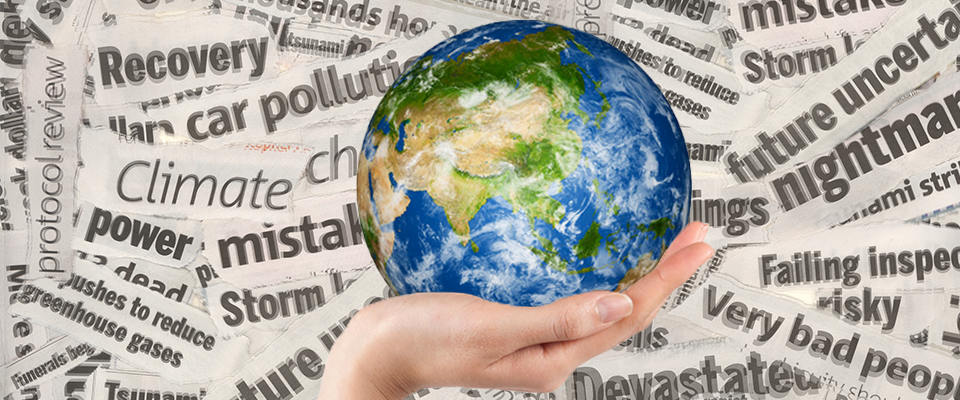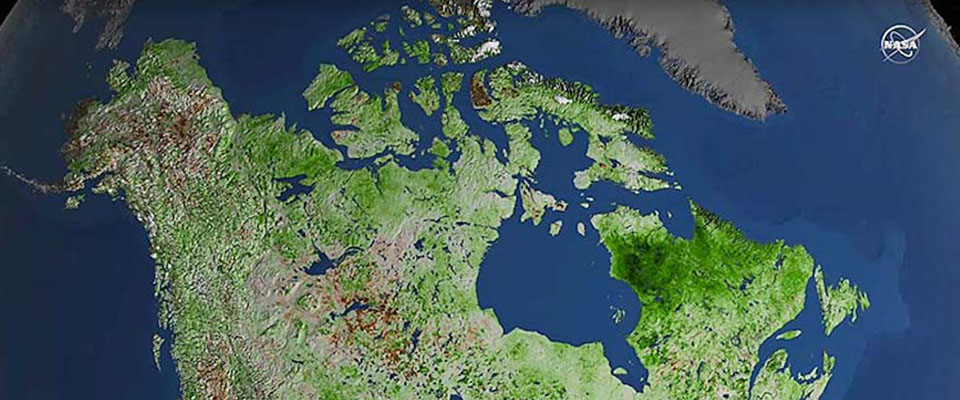Longtime Rolling Stone contributor and veteran environmental reporter Jeff Goodell had already published a trio of books about aspects of the climate crisis ranging from the sins of the coal industry, to melting ice sheets and the controversial idea of cooling the planet via solar geoengineering. Only in this latest book, however, does he address global warming’s most salient feature head-on. As he writes in the introduction, “The climate impacts you hear about most often, from sea-level rise, to drought to wildfires, are all second-order effects of a hotter planet. The first order effect is heat.”
The book begins with the tragic story of Cal alumna Ellen Chung ’12, her partner, Jonathan Gerrish, their baby daughter, Miju, and their dog, Oski, all of whom perished in August 2021 on a day hike near their home in Mariposa. Inspectors were perplexed by the deaths at first, but eventually settled on a cause: hyperthermia. The canyon trail was steep and lacked shade and the temperature that day reached a brutal 107 degrees. The chapter is called “A Cautionary Tale.”
While it’s true that heatstroke killed people long before the advent of global warming, it’s also true that the global thermostat is rising steadily and heat emergencies are becoming more common and widespread. The summer of 2023, in fact, was Earth’s hottest since recordkeeping began. Heat records were set from Beijing to Phoenix, Rome to Tehran—and not just discrete temperature spikes, either, but sustained high temperatures sometimes lasting weeks. The extremes are even more shocking in the polar regions. In 2022, the world’s most intense heat wave struck Antarctica, pushing temperatures there an incredible 70 degrees above normal.
“Extreme heat,” Goodell writes, in what begins to seem like understatement, “is remaking our planet into one in which large swaths may become inhospitable to human life.”




















